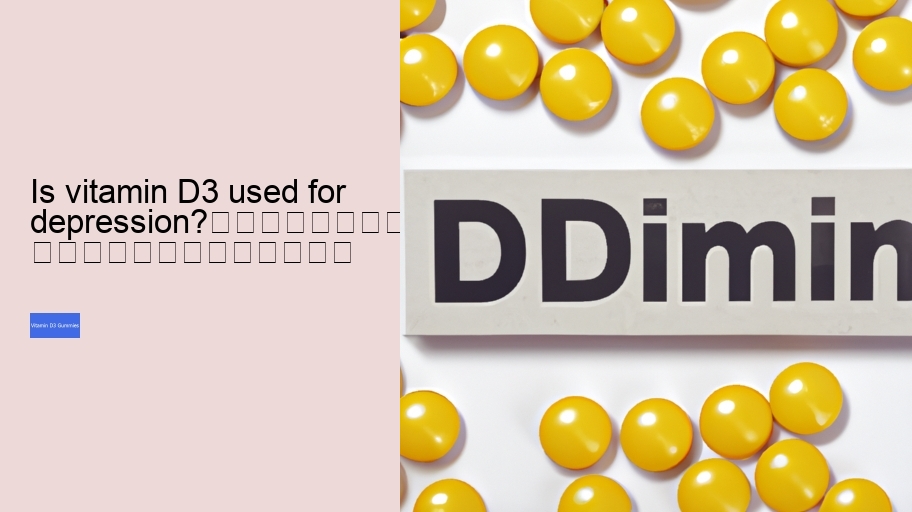
Blood levels of vitamin D are an accurate indicator of overall body stores.
Vitamin D3 may play a role in weight management by helping the body absorb calcium, but it is not a direct weight loss or weight gain supplement. Adequate vitamin D levels are important for overall health, including maintaining a healthy body weight.
Excessive intake of vitamin D3 can lead to toxicity, resulting in symptoms like nausea, vomiting, and kidney problems. Staying within recommended daily limits is crucial to avoid potential harm.
For most adults, a daily intake of 600-800 IU of vitamin D3 is considered safe and sufficient to meet the body's needs. However, individual requirements may vary, so it's advisable to consult with a healthcare professional to determine the right dose for your specific circumstances.
Vitamin D3 plays a role in overall well-being, and deficiency can lead to fatigue, but it doesn't directly provide energy boosts like caffeine. Maintaining adequate levels may support overall vitality and reduce feelings of tiredness.
Vitamin D3 supplementation may be considered as part of a comprehensive approach to managing depression, especially if deficiency is a contributing factor, but it is not a standalone treatment for clinical depression, and professional guidance is essential.
Vitamin D3 is a specific form of vitamin D, often considered the active and more beneficial form for supplementation. Vitamin D can refer to either D2 (ergocalciferol) or D3 (cholecalciferol), with D3 being preferred for most purposes.